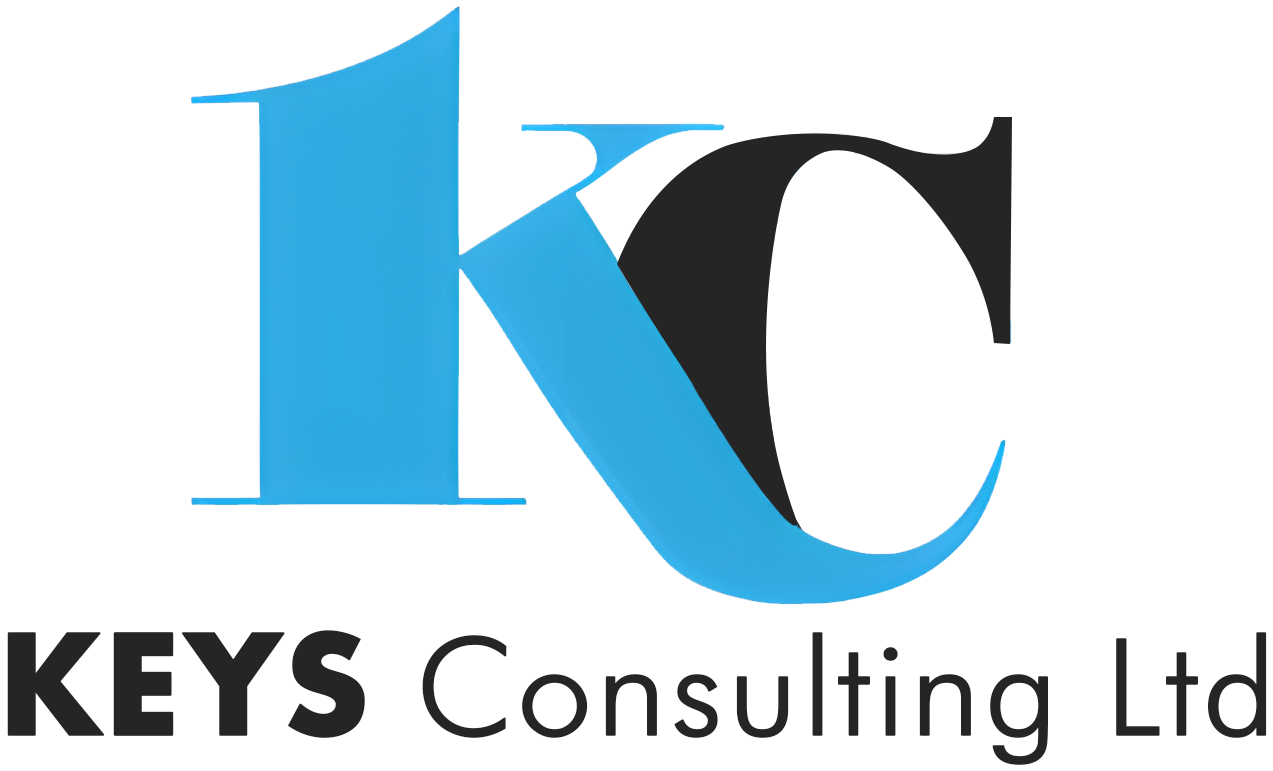
The Essential Guide to Becoming a Development Manager: Mastering the Art of Building and Growing Successful Projects
What is a Development Manager? Your Ultimate Resource for Understanding the Role
Key Responsibilities of a Development Manager
Why Development Managers Are Critical to Project Success
A Development Manager’s impact on a project is undeniable. The role requires a combination of technical knowledge, business acumen, and exceptional leadership skills. Here’s why Development Managers are key players in ensuring the success of any project:
1. Strategic Planning for Long-Term Success
Development Managers provide strategic guidance to ensure that a project aligns with long-term business objectives.
They focus not just on immediate deliverables but also on creating a sustainable growth path for the project or product.
Their expertise in planning helps minimise risks and maximise success in the long run.
2. Ensuring Efficiency Through Effective Resource Allocation
Effective resource management is at the heart of a Development Manager’s role. By overseeing resource allocation, they ensure that time, talent, and budgets are used efficiently, reducing waste and enhancing overall project efficiency.
3. Enhancing Collaboration and Teamwork
A Development Manager fosters an environment of collaboration and open communication. By guiding teams and resolving conflicts, they keep the project on track and create a positive, productive working environment.
4. Managing Complexities and Overcoming Obstacles
No project is without its challenges. Development Managers are experts in identifying potential obstacles and developing contingency plans to ensure smooth execution. They remain calm under pressure and keep projects on track despite unforeseen complications.
Key Skills and Qualities Every Successful Development Manager Must Have
To succeed as a Development Manager, there are several essential skills and qualities you need to cultivate. These are the core traits that distinguish successful Development Managers from others in the field:
1. Leadership Skills
A Development Manager must be able to lead and inspire teams, making tough decisions when needed. Strong leadership ensures that projects are completed on time, within budget, and meet the desired quality standards.
2. Strong Communication Skills
Being able to communicate effectively with all levels of the organisation, from team members to executives, is crucial. A Development Manager must articulate ideas clearly, listen attentively, and ensure that everyone stays informed about project progress.
3. Technical Expertise
While Development Managers may not always be the technical expert in every aspect of the project, they must understand the technical details well enough to make informed decisions.
A solid understanding of the tools, technologies, and processes used in the project is essential for managing and guiding the team effectively.
4. Problem-Solving Abilities
When things don’t go according to plan, a Development Manager must quickly assess the situation and come up with creative solutions. Strong problem-solving abilities ensure that projects stay on track, even when unexpected challenges arise.
5. Budgeting and Financial Management
Managing a project’s finances is an essential aspect of the role. Development Managers must have a good understanding of budgeting and financial management, ensuring that the project stays within budget and resources are allocated appropriately.
How to Become a Development Manager: Career Path and Qualifications
If you’re interested in pursuing a career as a Development Manager, here’s a typical career path and the qualifications you need to succeed in the role:
1. Education and Training
Most Development Managers have a background in business, engineering, project management, or a related field. A bachelor’s degree is often the minimum requirement, but many employers prefer candidates with advanced degrees or certifications in project management, such as PMP (Project Management Professional) certification.
2. Gaining Relevant Experience
Before stepping into a Development Manager role, candidates often gain experience as project managers, business analysts, or in other managerial roles. This experience is essential for understanding the intricacies of project management, team leadership, and business strategy.
3. Developing Management and Leadership Skills
The ability to lead teams and manage complex projects requires years of experience and ongoing development. Aspiring Development Managers should focus on honing their leadership and management skills through mentorship, workshops, and real-world experience.
Development Manager Salary: What to Expect and How to Maximise Your Earning Potential
One of the most attractive aspects of a career as a Development Manager is the earning potential. Salaries can vary depending on factors like location, industry, and experience, but in general, Development Managers earn competitive salaries.
Average Salary by Location
How to Maximise Your Earnings
Development Managers can increase their earning potential by specialising in high-demand industries, earning additional certifications, or taking on larger and more complex projects. Gaining experience in areas such as real estate development or software development can also lead to higher salaries.
The Essential Guide to Becoming a Development Manager: Mastering the Art of Building and Growing Successful Projects
If you’re looking to take your career in project management to the next level, becoming a Development Manager might be the key to unlocking exciting new opportunities.
Whether you’re overseeing the creation of a new product, managing a real estate development project, or guiding a tech startup through its growth phase, Development Managers play a crucial role in shaping the future of organisations.
In this comprehensive guide, we’ll explore what it means to be a Development Manager, the skills you need to succeed, and why this role is so critical to the success of any business or project.
Navigating the Challenges of Being a Development Manager
As a Development Manager, you’ll encounter various challenges that will test your problem-solving, leadership, and decision-making skills. While the role is incredibly rewarding, it requires careful management of both expected and unforeseen obstacles. Let’s take a deeper look at some common challenges you may face in this role:
1. Managing Stakeholder Expectations
Stakeholders have varying expectations when it comes to project delivery. From clients to team members to upper management, everyone has their own vision of what success looks like. As a Development Manager, one of your key responsibilities is to align all stakeholders and manage their expectations.
You will need to keep everyone on the same page, often balancing competing interests. Whether it’s ensuring the project stays on budget, meets deadlines, or exceeds client expectations, you’ll be constantly communicating and negotiating with various parties.
2. Balancing Multiple Projects Simultaneously
In many organisations, Development Managers are expected to oversee multiple projects at once. This requires an advanced level of multitasking and the ability to prioritise tasks effectively. The pressure of managing multiple timelines, resources, and budgets can be intense.
However, with proper time management, delegating tasks, and leveraging project management tools, you can effectively handle this challenge and keep all projects on track.
3. Managing Risks and Uncertainties
4. Meeting Tight Deadlines
Development Managers are often faced with tight deadlines and high expectations from stakeholders. Whether it’s launching a product, completing a construction project, or delivering a software release, time is usually of the essence.
To meet these tight deadlines, you’ll need to have effective planning, time management, and coordination skills. Implementing agile project management methods, setting clear milestones, and tracking progress continuously can help manage this pressure.
Development Manager in Different Industries: Exploring the Diversity of Roles
The role of a Development Manager can vary significantly across different industries. Although the core responsibilities remain similar, the specific tasks, challenges, and expertise required can differ based on the sector. Let’s explore the nuances of Development Manager roles in various industries:
1. Real Estate Development Manager
In real estate, a Development Manager oversees large-scale property development projects, from land acquisition to the construction phase. They work closely with architects, contractors, city planners, and investors to ensure the development meets legal requirements and is completed on schedule.
A successful real estate Development Manager must possess strong financial acumen, knowledge of zoning laws, and a keen understanding of market trends to ensure that the development is profitable.
2. Technology Development Manager
In the tech industry, Development Managers are responsible for overseeing the development of new software applications, products, or services. They work with cross-functional teams, including software engineers, quality assurance specialists, and UX/UI designers, to ensure the project is developed according to specifications.
These managers must have a deep understanding of the technical aspects of the product, as well as the ability to communicate complex technical concepts to non-technical stakeholders.
3. Product Development Manager
Product Development Managers are typically found in industries like manufacturing, consumer goods, or pharmaceuticals. Their job revolves around managing the creation of new products, from the initial concept to market launch.
This involves coordinating research and development (R&D), overseeing prototypes, and testing products before they reach the market.
The role also requires the ability to identify customer needs, monitor trends, and adjust product strategies accordingly. Effective collaboration with marketing, sales, and production teams is key to the success of product development.
4. Construction Development Manager
In construction, a Development Manager is responsible for overseeing the entire construction project, including budgeting, scheduling, and compliance with local regulations.
They ensure that construction projects are delivered on time, within budget, and meet the required quality standards.
From site preparation to final inspections, the construction Development Manager coordinates with architects, engineers, contractors, and regulatory agencies to manage the project from start to finish.
Development Manager vs. Project Manager: Key Differences
While the roles of Development Manager and Project Manager might seem similar at first glance, there are several key differences between the two. Understanding these differences is important if you’re considering a career path in one of these roles or looking to transition between them.
Scope of Responsibility
Strategic vs. Tactical Focus
Team Interaction
Contact Now
Interested In Our Services?
Key Tools and Technologies Used by Development Managers
In today’s fast-paced, technology-driven world, Development Managers rely on a variety of tools and technologies to streamline processes, improve efficiency, and ensure project success. Here are some of the most commonly used tools:
1. Project Management Software
Software like Trello, Asana, JIRA, and Microsoft Project are commonly used by Development Managers to track project progress, manage tasks, and collaborate with team members.
These tools help Development Managers break down complex projects into smaller, manageable tasks, set deadlines, and assign responsibilities.
2. Communication Tools
Effective communication is key to any successful project. Tools such as Slack, Microsoft Teams, and Zoom are essential for keeping all stakeholders informed and ensuring smooth communication between teams, clients, and management.
3. Budgeting and Financial Software
For managing the financial aspects of a project, Development Managers often use tools like QuickBooks, Xero, or Microsoft Excel for budgeting, tracking expenses, and monitoring cash flow.
4. Collaboration Tools
Development Managers also rely on collaboration tools like Google Drive, Dropbox, and SharePoint to share documents, manage files, and maintain a central repository for project-related information.
